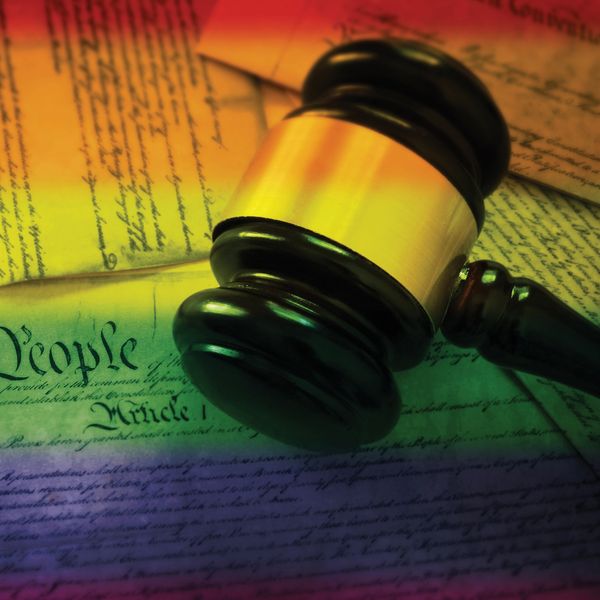Cleaning company in hot water over alleged national origin discrimination
An Indiana-based industrial cleaning service has agreed to clean up its act when it comes to discrimination.
The company will pay $100,000 to affected employees to settle an employment discrimination charge filed with the U.S. Equal Employment Opportunity Commission (EEOC).
The company denies the allegations but agreed to report to the EEOC and train all employees and managers.
The EEOC alleged that the cleaning company discriminated against employees because of their race and national origin by subjecting them to harassment. Additionally, the agency reported that a supervisor repeatedly called minority laborers and service technicians racist names, made other offensive comments based on race and national origin, and texted a violent racist meme to an employee.
Despite complaints to upper-level management, the EEOC found the harassment continued over several years.
What is national origin discrimination?
An EEOC spokesperson said this case shows that national origin and race-based harassment continue to be a problem, and employers are responsible for immediately stopping and preventing such behavior.
National origin discrimination means treating people unfavorably because they come from a particular place, because of their ethnicity or accent, because they are believed to have a specific ethnic background, or because they are married to someone of a particular ethnicity. Such conduct violates Title VII of the Civil Rights Act of 1964, which is enforced by the EEOC, and prohibits employment discrimination based on race, color, religion, sex, and/or national origin and applies to any employer with 15 or more employees.
Recognizing a discrimination complaint
Handling an employee discrimination complaint can be challenging. Sometimes it is difficult to recognize that an employee is making a complaint.
An employee who is uncomfortable with ethnic jokes made by coworkers, is probably not going to make definitive statements like, “I find those jokes to be racially offensive,” or “My coworkers are harassing me because of my race.”
A complaint is more likely to involve indirect phrases like, “That is making me uncomfortable” or “They told a joke that I didn’t think was funny.”
When the company doesn’t know the whole story, and these comments are made without any context, they might not be recognized as discrimination complaints. Employees may even add qualifiers like, “Don’t make a big deal out of this,” or “I don’t want to get anyone in trouble.”
Make certain that supervisors (and anyone else who might receive a complaint) know how to recognize a complaint and know what to do about it.
Courts have found that when a supervisor knows (or should have known) about discrimination, the company is assumed to know. This means that if supervisors don’t recognize a complaint, or fail to do anything about it, the company may find itself talking to the EEOC, trying to explain why the company failed to respond.
Key to remember: Claims of national origin discrimination are taken seriously by the EEOC. Discrimination in this or any form should not be tolerated in the workplace, and supervisors should know how to recognize a complaint and what to do with it.



















































